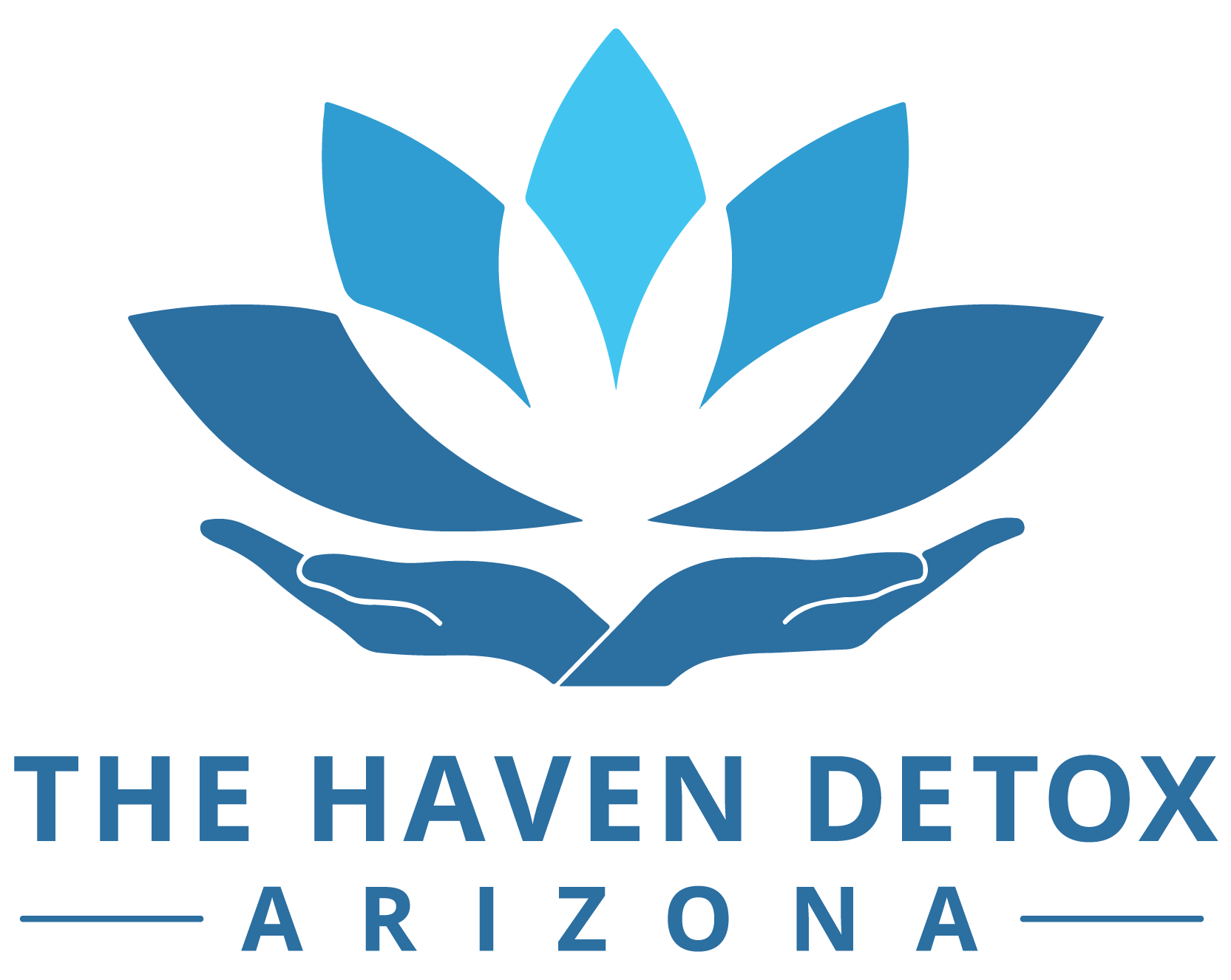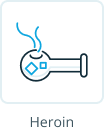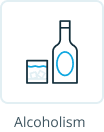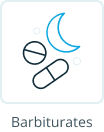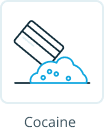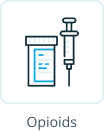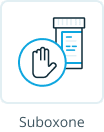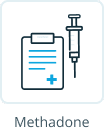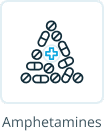Residential Rehab in Arizona
Choose your Language:
Inpatient residential rehab extends treatment and support for recovering patients after detoxification. Addiction is physical but also mental, emotional, and behavioral. Residential rehabilitation helps you change how you think, feel, and react through multiple therapeutic opportunities, recreation, relaxation, and 24-hour support. Once detox clears the body of drugs and alcohol, residential treatment instills the skills you need to continue recovery.
The primary factors of successful recovery and relapse prevention are strong coping skills and personal insight. Through an effective balance of proven therapies and personal reflection, patients are able to reinvent themselves through residential rehab. During treatment, they receive appropriate medications to manage mental health symptoms that remain while attending support groups and individual therapy sessions to create new, sober, resilient identities. Residential treatment transforms patients when addiction has become a way of life. They learn to live from a fresh, healthy, balanced perspective, acting from their values and working to achieve life goals.
I’m Dr. Ignatov. I’m a psychiatrist and addiction medicine physician diagnosed, and a substance use disorder can be a complex and challenging process. My patients often don’t know if treatment is right for that, but a diagnosis from a doctor or qualified mental health professional can really help. In this video, I’ll explain the usual steps for getting an accurate diagnosis to serve your recovery. The first step in the diagnostic process is screening and assessment. This involves gathering information about your history, including the type of substances you might use, the frequency of use, and how long this has been going on. As a doctor, I also ask about my patient’s family history and co current mental health conditions, yours or theirs. This information can be. Critical for treating your mind and body. It tells us where to look for root causes of your condition. We also assess patients for physical symptoms of substance abuse, such as changes in appetite or sleep patterns, as well as withdrawal symptoms and signs of intoxication. Once the assessment process is complete, I’ll then determine whether the patient meets the diagnostic criteria for substance use disorder. These are outlined in the Diagnostic and Statistical Manual of Mental Disorders known as DSM five, which is the standard reference used by mental health professionals for diagnosing mental health conditions and substance use. The DSM five looks for real impairment or distress in life, as well as the. Presence over at least two of the fallen within a 12 months period, such as tolerance. Do you need increasing amounts of the substance to achieve the desired effect withdrawal? Do you feel you need. The substance to avoid painful symptoms control do you use in large amounts or for more time than you mean to cravings? Have you had unsuccessful attempts to cut down or control drug or alcohol use bias? Have you given up on social work or other obligations? Do you use drugs or alcohol harm? Do you continue to use or drink despite physical or psychological problems? If the patient says, Yes to two or more of these questions. The doctor will then determine the severity of the disorder based on the number of symptoms present. The severity can range from mild showing one, two, or three symptoms to severe with six or more symptoms. It is also common for individuals with substance use disorders to also have. Other mental health conditions such as depression, anxiety, borderline personality disorder, or bipolar disorder, this can complicate the diagnosis and is known as a co current diagnosis. Treatment of the substance use then often requires additional treatment, but once the diagnosis is made, a personal treatment plan can be developed. Personalized treatment may involve a combination of medications, behavioral therapies, and support groups, but it all begins with accurate and careful diagnosis. Please understand that getting a substance use disorder diagnosis from a doctor can be a sensitive and deeply personal process. Many people with substance use disorders may feel ashamed or embarrassed about their condition and may be hesitant to seek help. We all need to create a safe and non-judgmental place for people to discuss their substance use so that we have the open, honest information to offer the best, most effective treatments overall. A diagnosis from a doctor is a vital starting step in the process of getting and feeling better after active addiction. With the right diagnosis and therefore the right treatment, recovery is absolutely possible.
Our individually designed residential drug and alcohol treatment comforts patients with luxury amenities and comfortable, private spaces for personal growth. We help patients find new ways to live, feel, and think that gives them satisfaction and meaning without drugs or alcohol. Through 30-, 60-, or 90-day residential treatment, patients pick up healthy coping mechanisms as they prepare to enter the life they’ve always wanted. In residential treatment, The Haven Detox ensures patients have the personalized, expert care to return to their families, friends, and responsibilities with the skills they need to succeed—for life.
Check your Insurance Online
Confirm your policy covers our expert care, and get the best possible drug addiction treatment through your insurance by verifying benefits. Help, healing, and recovery are only a click away.
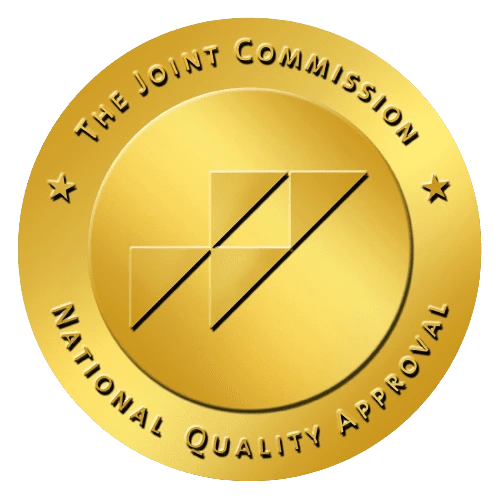
Residential Stay Brings Life-Long Recovery
Relapse is part of recovery (and a real risk)—whether you have the support of trained psychiatric professionals or not. The essential thing is that you minimize the possibility of slipping back into old habits and patterns by practicing new ways of life through a secure, stable, and supportive environment where it’s safe to experiment with a new identity. Residential treatment helps you become a new person, ready to face recovery challenges with strong, tested tools taught by medical and mental health specialists who care about your progress.
The Residential Treatment Process
Treatment Initiation
When you begin residential treatment, your personal care course will be designed by a team of specialists who look at your medical, mental health, family, and substance use history. They’ll help you explore the damage addiction has caused in your life, remove doubts and denial about your dependency, and help you become truly motivated to recover in the long-term through motivational interviewing and other science-backed strategies.
Relapse Prevention
Once you’re committed to recovery, you’ll start to identify your addiction’s behavioral, emotional, and environmental triggers. Then, with the help of trained specialists in the comfort of a luxury and drug-free environment, you’ll learn to minimize your response to triggers and high-risk situations, helping to avoid relapse in the long term. The coping skills you practice will protect you for life as you handle cravings and alter old reactions.
Recovery Maintenance
During recovery maintenance, you will put the tools and skills you learn to the test. After many days of continuous abstinence, you will continue counseling to dig deep into your addiction’s sources and root causes. Insight will grow as you develop a new lifestyle and identity that you manage with healthy exercise, nutrition, and sober-peer relationships through support groups, recreation, and various holistic therapies.
Alcohol Rehab
Alcohol is a difficult and ever-present drug to avoid even after detoxification is complete. Recovery from alcohol can be one of the most likely to lead to relapse. Choosing to enter residential treatment to learn your triggers, root causes, and relapse warning signs can be critical for successful sobriety. When you gain skills, insight, and strategies for managing your new life, you’re more likely to stay with your recovery.


Opiate Rehab
Even with medications managing physical symptoms and cravings for opiates and opioids, returning to life without learning new life skills can easily swing back into old patterns of addictive behavior. After detox, enrolling in residential treatment means you’re committed to life-long sobriety. It’s also scientifically shown that patients have a better chance of avoiding relapse when they continue to receive care through safe, secure, and supportive residential treatment that prepares them for life’s tests.
Substances we Treat
Our rehab facility treats a wide range of substance addictions, from alcohol to meth. Some of the most common substance addictions we treat include alcoholism, opioids, amphetamines, methadone, cocaine, and barbiturates. We treat all forms of addiction with evidence-based methods and personalized plans.
Our Residential Treatment Program
At The Haven Detox, our medical and mental health professionals are dedicated to providing each patient with the highest quality care, support, and therapy they need for a smooth transition into life renewed and restored. We know every patient is unique. Our luxury facility takes time to understand your condition and gives you the individual attention you deserve to create a plan catered to your needs. With your choice of holistic treatments, you choose how you recover and transform your life.
Throughout treatment, you’ll receive compassion and custom options, fostering confidence in recovery and returning to the life you’ve always hoped for at a personalized pace. Without judgment, we help you grow strong through supportive and comfortable residential care.
